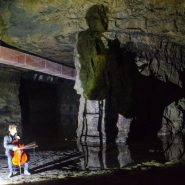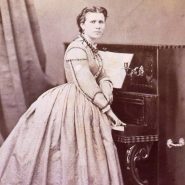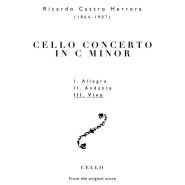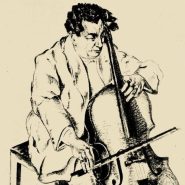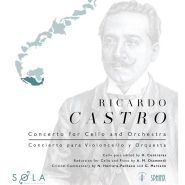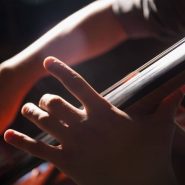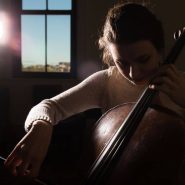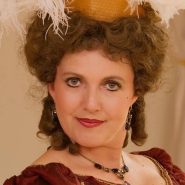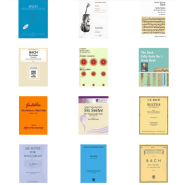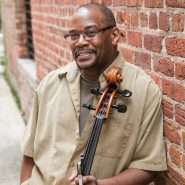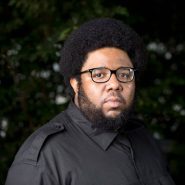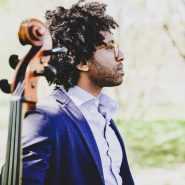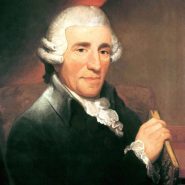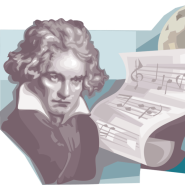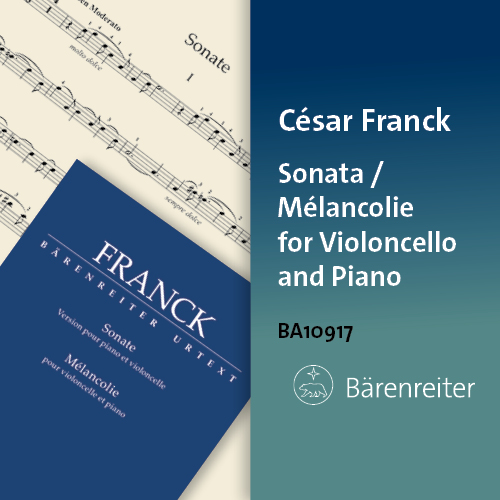Category: Repertoire
By Cicely Parnas January 22, 2024
By Wendy Velasco January 30, 2023
By Natali Herrera-Pacheco, Horacio Contreras, and Germán Marcano June 18, 2022
By Natali Herrera-Pacheco, Horacio Contreras, and Germán Marcano June 12, 2022
By Natali Herrera-Pacheco, Horacio Contreras, and Germán Marcano June 4, 2022
By Janet Horvath April 24, 2022
By Janet Horvath April 10, 2022
By Tim Janof March 2, 2022
Subjects Historical, Repertoire
By Tim Janof November 30, 2021
By Timothy Holley March 23, 2021
By Khari Joyner March 10, 2021
Subjects Repertoire
By Paul Katz December 18, 2020
